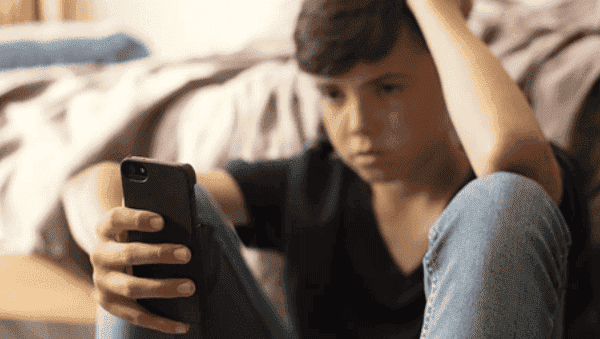What is cyberbullying?
Cyberbullying is using technology to abuse, harass or humiliate someone over the internet and could include using a mobile phone, sending messages over social media or sharing images. As cyberbullying can follow a young person beyond the school gates, into their home, even their bedroom, it can be hard to escape.
How to handle it
It can be upsetting if you are a parent and your child tells you they’re being bullied online, but try not to rush in. You’re right to believe and listen to them, but whilst you’re praising them for doing the right thing and speaking to you, try to remain calm and focussed.
Get the facts
Get all the facts first! Don’t take over the problem. The chances are your child has been worrying about this for some time and possibly been reluctant to speak out. Their biggest fear may be that if they speak out the problem will get ten times worse. Don’t let them feel that way.
These age-specific conversation guides for dealing with cyberbullying can help.
Work together
Instead of taking over the problem, work with them to help them feel like they still have some power and control over what is happening. This will help them develop their problem solving skills and confidence. Tell them ‘Let’s see what we can do about this’.
Report it
Bullying online is not okay. Report it. Every website, mobile phone company, games console or platform has a way of reporting abuse.
Encourage your child not to retaliate. Getting a reaction is exactly what the cyberbullies want. The bullies are in the wrong and while it’s hard, the last thing you want is for your child to get drawn into bullying behaviour. Instead, get them to take the power back by blocking the bullies. This should stop further abuse/unwanted contact.
Learn how to report and block on different platforms and devices with step-by-step guides.
Seek advice and support
I’d always advise parents to save any evidence as keeping a record of any bullying is vital. If the bullying is very serious, including threatening behaviour, you could involve the police.
Sit down together and review your child’s friend list. Are they really friends? If the cyberbullying is between school friends, advice from the Department for Education states that schools can and should deal with the issue of cyberbullying between two pupils, so don’t be afraid to request this if it is serious or report it to the police.
It can be as upsetting for you as a parent or carer as it is for your child when they realise the consequences of their actions. Don’t be afraid to use your support network – think about friends, family and even school staff that you could be speak to. The chances are other families or friends have gone through similar situations.






